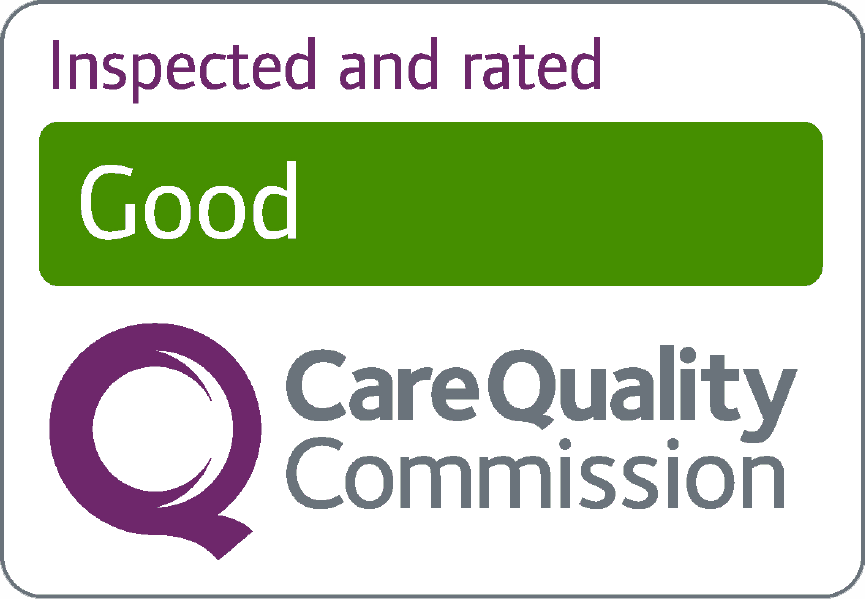
What are the 34 Symptoms of Perimenopause?
Perimenopause, the transition before menopause, typically begins in a woman’s 40s and brings a range of symptoms due to fluctuating hormones. These changes can affect your body and mood in different ways.
In this guide, we’ll highlight 34 common symptoms of perimenopause and explain how tracking them can help you manage this life stage. The Advanced Hormone Profile can provide insights into your hormonal health, guiding your next steps.
What is perimenopause?
Perimenopause is the stage leading up to menopause, where a woman’s body begins to experience hormonal changes as it prepares for the end of her reproductive years. It typically starts in your 40s, but can begin earlier, and can last anywhere from a few months to several years.
During this time, the ovaries gradually produce less oestrogen and progesterone, causing symptoms like irregular periods, hot flushes and mood swings. While it’s a natural phase of life, the experience can vary greatly from woman to woman.
How does perimenopause differ from menopause?
Perimenopause is the transition period before menopause, marked by fluctuating hormone levels. This phase can last several years and is typically when symptoms start.
Key differences between perimenopause and menopause include:
-
Timing: Perimenopause typically starts in your 40s, while menopause usually occurs between 45 and 55.
-
Periods: During perimenopause, periods may become irregular but haven’t stopped completely. Menopause is confirmed when you haven’t had a period for 12 months.
-
Hormone levels: Perimenopause involves fluctuating hormone levels; by menopause, oestrogen and progesterone have dropped to consistently low levels.
-
Symptoms: Many symptoms start during perimenopause but can continue into menopause and post-menopause, though they often lessen over time.
While they’re closely linked, perimenopause and menopause mark different stages of your hormonal journey. Understanding the distinction can help you better manage symptoms and plan your next steps.
The 34 symptoms of perimenopause
Perimenopause can bring a wide range of physical, emotional and cognitive changes. Some symptoms are mild and manageable, while others can be more disruptive to daily life. Not everyone will experience all of these, and their severity can vary from person to person.
Here are 34 common symptoms associated with perimenopause:
- Irregular periods
- Heavier or lighter periods than usual
- Hot flushes
- Night sweats
- Difficulty sleeping
- Mood swings
- Anxiety
- Low mood or depression
- Irritability
- Brain fog or difficulty concentrating
- Memory lapses
- Fatigue
- Weight gain, especially around the abdomen
- Bloating
- Breast tenderness
- Headaches or migraines
- Joint and muscle pain
- Vaginal dryness
- Reduced libido
- Discomfort during sex
- Urinary urgency or increased frequency
- Increased risk of urinary tract infections (UTIs)
- Dry or itchy skin
- Thinning hair or hair loss
- Changes in body odour
- Palpitations or a racing heart
- Dizziness
- Tinnitus (ringing in the ears)
- Gum problems or dry mouth
- Digestive changes
- Restless legs
- Feeling cold more often
- Burning mouth syndrome
- Tingling sensations in hands or feet
If you’re experiencing several of these symptoms, particularly with changes to your menstrual cycle, it may indicate you’re entering perimenopause. Tracking your symptoms and testing hormone levels, like with the Advanced Hormone Profile, can provide valuable insights into what’s happening in your body and help you manage this stage more effectively.
How perimenopause affects physical health
Perimenopause can bring noticeable changes to your physical health as hormone levels fluctuate. You might experience joint pain, headaches or fatigue more often, and some women notice changes in weight, skin or hair. Lower oestrogen levels can also affect bone density and heart health over time.
Emotional and psychological changes during perimenopause
Hormonal shifts during perimenopause don’t just affect the body - they can have a real impact on mood and mental wellbeing too. Many women report feeling more anxious, irritable or low than usual, sometimes without a clear reason. You might also find it harder to concentrate or experience memory lapses.
These changes can be unsettling, but they’re common and often linked to fluctuating oestrogen levels.
Lifestyle tips for easing perimenopause symptoms
Making simple changes to your daily routine can go a long way in easing perimenopausal symptoms. While everyone’s experience is different, focusing on your overall wellbeing can help you feel more in control during this transition.
Helpful lifestyle approaches include:
-
Staying active: Regular exercise can help reduce stress, boost your mood and support bone and heart health.
-
Eating well: A balanced diet rich in whole foods, fibre and nutrients like calcium and vitamin D can support energy levels and hormone health.
-
Prioritising sleep: Going to bed and waking up at consistent times, limiting caffeine and creating a calming bedtime routine can improve sleep quality.
-
Managing stress: Mindfulness, breathing exercises or simply making time for things you enjoy can help reduce anxiety and lift your mood.
-
Staying connected: Talking to friends, family or support groups can provide emotional relief and help you feel less alone.
These small, consistent changes can have a big impact - helping you feel stronger, more balanced and better equipped to navigate perimenopause.
Gain clarity on your menopause journey
Perimenopause can bring a range of symptoms - some expected, others less so. Understanding what’s happening in your body is the first step towards feeling more in control. Tracking hormone levels with the Advanced Hormone Profile offers valuable insights into your hormone balance. This package includes a blood test that measures five key hormones, plus a private GP consultation to discuss your results.
Book an appointment today and take a proactive step in managing your menopause journey with confidence.
BOOK A PRIVATE ADVANCED MENOPAUSE PROFILE TEST TODAY














